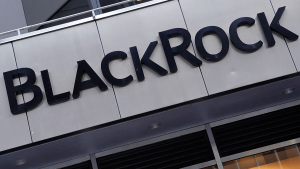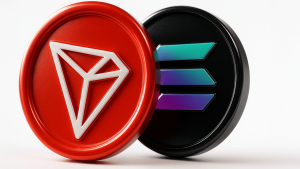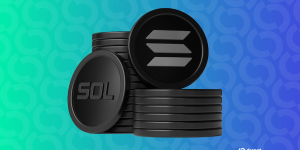Distributed ledger tech could save TradFi $100B a year: Lobby group

Around $100 billion a year or more could be saved if distributed ledger technology (DLT) was used in traditional markets, claims a new report from the Global Financial Markets Association (GFMA).
In a May 16 report, the traditional finance sector lobby group, along with international consulting firm Boston Consulting Group and others, asked both regulators and traditional financial institutions to take a more serious look at the upsides of the technology.
A distributed ledger is an umbrella term for a system that records transactions and digital information. A blockchain is a specific type of distributed ledger.
“Distributed ledger technology holds promise for driving growth and innovation,” said GFMA CEO Adam Farkas. “This potential should not be ignored or prohibited where regulatory oversight and resiliency measures already exist.”
According to the report, using distributed ledgers to streamline collateral processes in derivatives and lending markets could see an additional $100 billion saved.
Additionally, utilizing smart contracts to automate and shore up processes of clearing and settlements could reduce overheads by $20 billion each year.
Overall, the systems that stand to gain the most from implementing DLT at some level were clearing and settlements, followed closely by custody and asset servicing.
According to analysis from BCG, primary markets and secondary trading were less likely to witness serious impact from the tech, however tokenization in these markets could see better risk mitigation and deeper liquidity.
DLT is beginning to witness heightened levels of adoption internationally. On March 23, the European securities clearing firm Euroclear — which claims to have over 37.6 trillion euros ($40.9 trillion) in custodied assets — announced that it would be looking to integrate DLT into its settlements process.
Related: China launches national blockchain center to train half a million specialists
There is, however, still plenty of room for improvement when it comes to implementing DLT into pre-existing financial systems.
Last November, the Australian Securities Exchange abandoned its plans to update its 25-year-old clearing and settlements system with DLT, leaving a $170 million hole in its books.
The GMFA report comes just two months after Citi investment bank claimed that the global market for blockchain-based tokenized assets could reach a staggering $5 trillion by 2030.
Magazine: How to control the AIs and incentivize the humans with crypto












